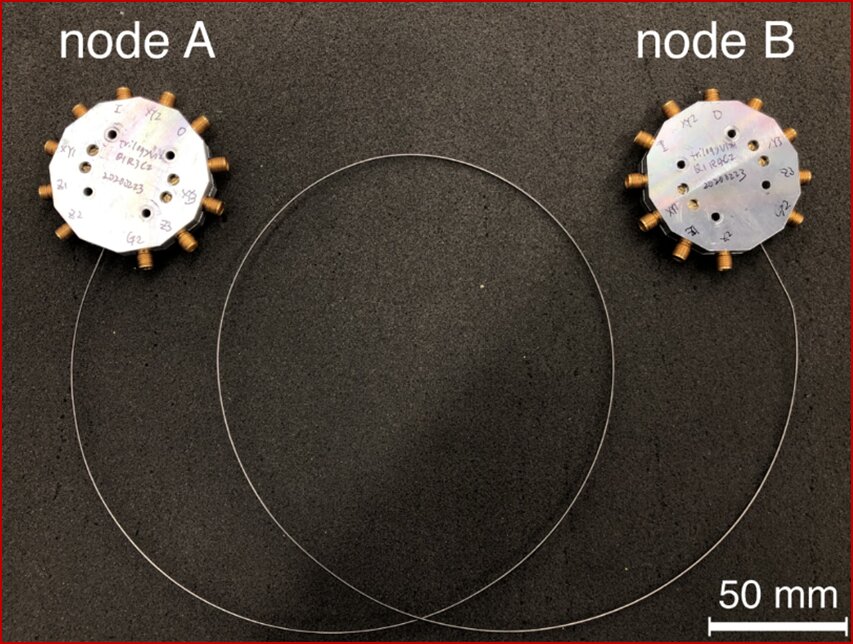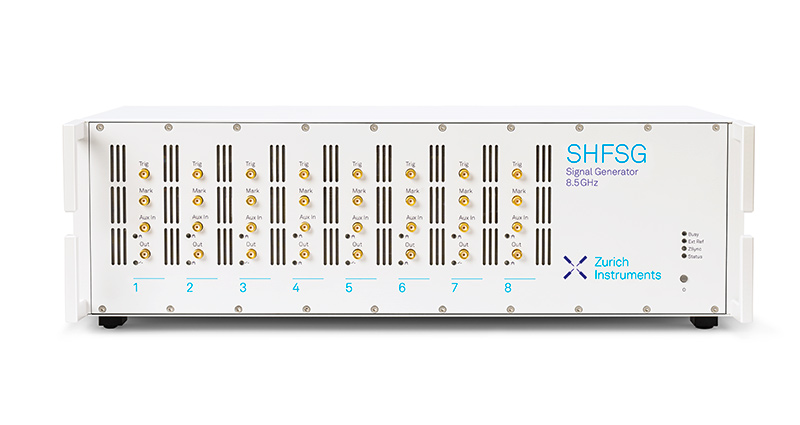The Time and Frequency Laboratory of the University of Neuchâtel is working on a new generation of atomic clocks, in collaboration with the European Space Agency.
Time holds almost no secrets for scientists at the Time and Frequency Laboratory (LTF) of the University of Neuchâtel (UniNE). For the past 13 years, they have been exploring and pushing the frontiers in time and frequency research, optical metrology, and ultrafast science and technology. They have now embarked on a new challenge : the development of a miniature atomic clock.
Supported by the European Space Agency (ESA), the AMICC (Advanced Micro-Cell Atomic Clock) project aims to create a new generation of atomic clocks that consume less energy, are less dependent on power supply and are therefore more mobile, in order to eventually equip GPS, smartphones and in particular the new European satellite positioning system Galileo. This is the fifteenth major contract that the LTF has won with the ESA.
The idea is to further develop atomic clocks with rubidium cells, which follow an original operating principle that has already been tested by the Swiss teams at UniNE and EPFL.



